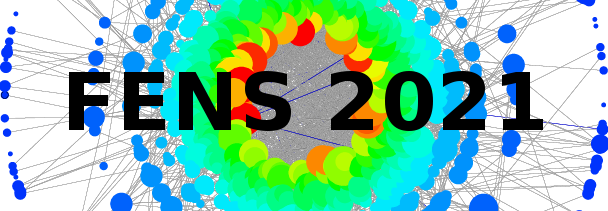Conveners
S1: S1
- Ryszard Kutner (Faculty of Physics University of Warsaw)
Network science has been successfully applied in recent years in many worldwide systems and processes. These include financial systems [1,2] and social systems [3,4]. I will present and discuss some examples including (i) how network science can be useful to distinguish between fake news and real news [3], (ii) how to identify bottlenecks in urban traffic [5], (iii) how scientists switch...
Individuals form groups, which subsequently develop larger domains via competition and coalescence. How much have these social processes in common with established mechanisms of phase transitions in physics? Are nucleation in metastable systems or spinodal decomposition of thermodynamic phases or percolation in porous media suitable paradigms for modeling the emergence of large social groups?...
Starting with classical work of Barabási and Albert, the issue with preferential attachment rules is a fundamental problem for modeling evolving networks. Linear preferential attachment rule (also called rich get richer rule or Matthew effect) is the most popular mechanism that leads to power-law vertex degree distribution. However, original preferential attachment rule that appears in...
Bibliometric research often focuses on the extreme levels of granularity. On the one hand, it focuses on the analysis of individual papers, from the other discussing the features of the entire citation network, losing an intermediate stage of the achievements of one scientist. During the talk, I will try to present the known models of such track records. We will consider how to construct the...

